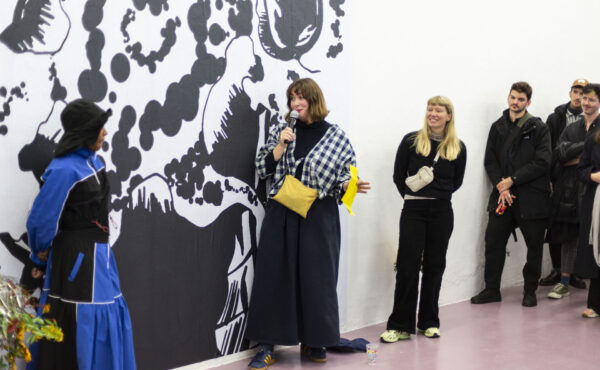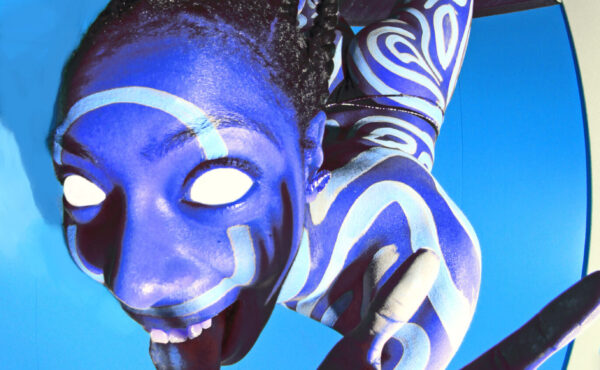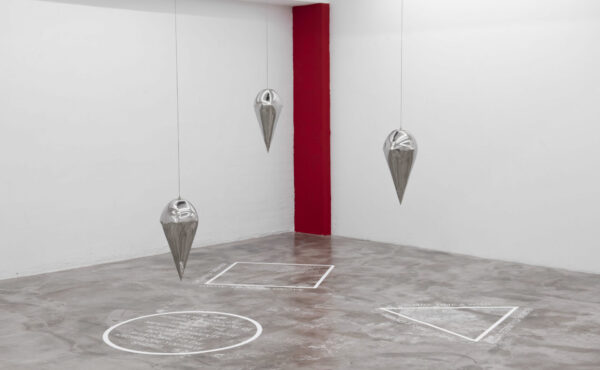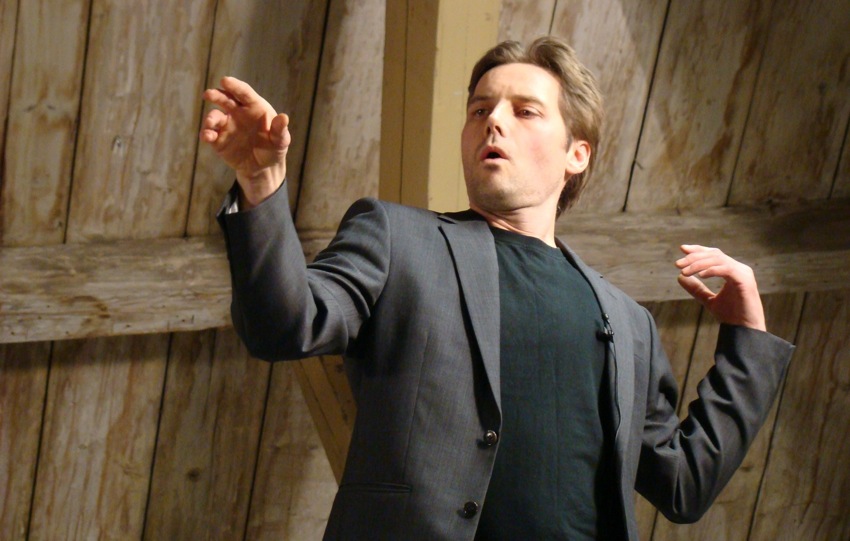
What a fucking wonderful audience! Dora García at RijksakademieLIVE
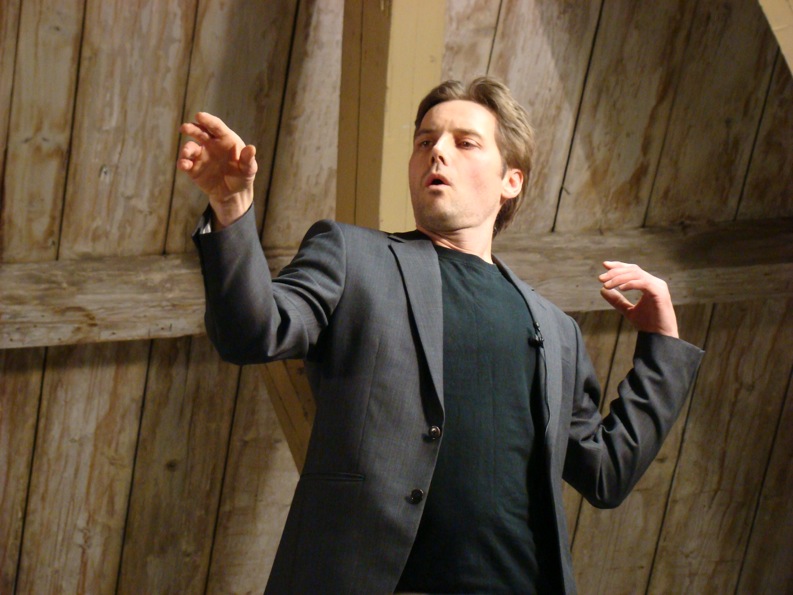
To get your movie defended by Susan Sontag after its censorship would seem to be a gift from heaven. Not so in the case of underground filmmaker Jack Smith, who felt like Sontag took his movie Flaming Creatures (1963) away from him. In his opinion she was hypnotised by Village Voice film critic Jonas Mekas who had repeatedly written praising words about the movie and travelled it around for screening. Smith was of the opinion that Mekas was exploiting Flaming Creatures’s censorship press for money instead of art. He called Mekas lobster, an animal he thoroughly despised, and accused him of Lobsterism: using something that was not his own and exploiting it selfishly. Smith’s words for Sontag and Mekas: ‘There they were, both of them with teeth.’
In Dora García’s monologue Real Artists don’t have Teeth actor Jakob Tamm leisurely takes his time to move his body into a dramatic position to physically become Jack Smith before letting the one-liners leave his mouth in an affected tone: ‘Artists have no teeth, they simply can’t afford them. Their work is difficult and they are mad.’ Next to Smith Tamm impersonates avant-garde theatre-maker Antonin Artaud and stand-up comedian Lenny Bruce. Ironically all three had decaying teeth, because of excessive substance abuse. García however was not specifically looking to combine three artists who managed to stay on the margins; her interest lies in the genuine admiration for their work and the will to keep their legacy alive.
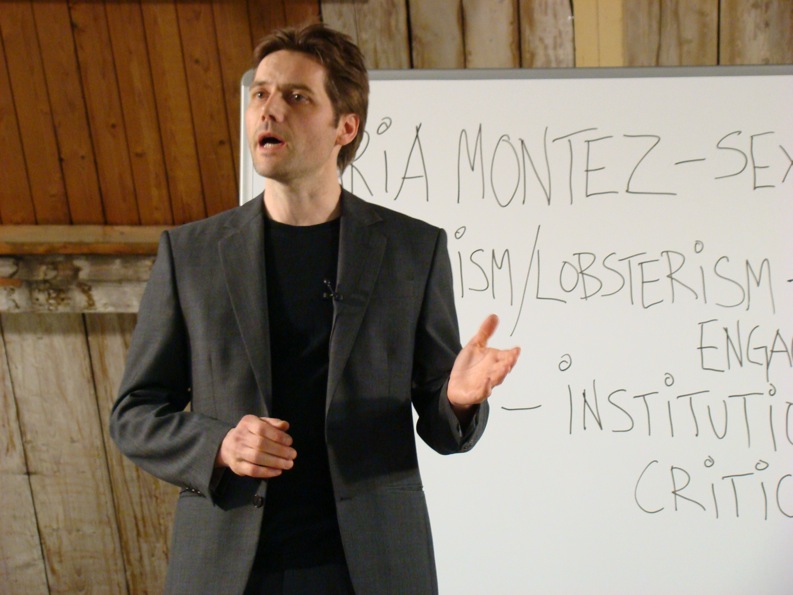
The caricatural portrayal of the characters seems to mirror Alfred Jarry’s figure of Ubu Roi, with his penchant for excessiveness, disregard for consequence and uncompromising approach to life. One can recognize a Père Ubu in Lenny Bruce, who visited Sydney on 6 September 1962 and was able to deliver only a one-sentence performance. After saluting the audience with the words: ‘What a fucking wonderful audience!’ he was promptly arrested on the grounds of obscenity. He was asked to leave the country, never to return. Jarry’s play opens with his protagonist speaking the word merdre, the French word for shit with an extra r. This horrified audiences in 1896 and the play was subsequently banned from theatres.
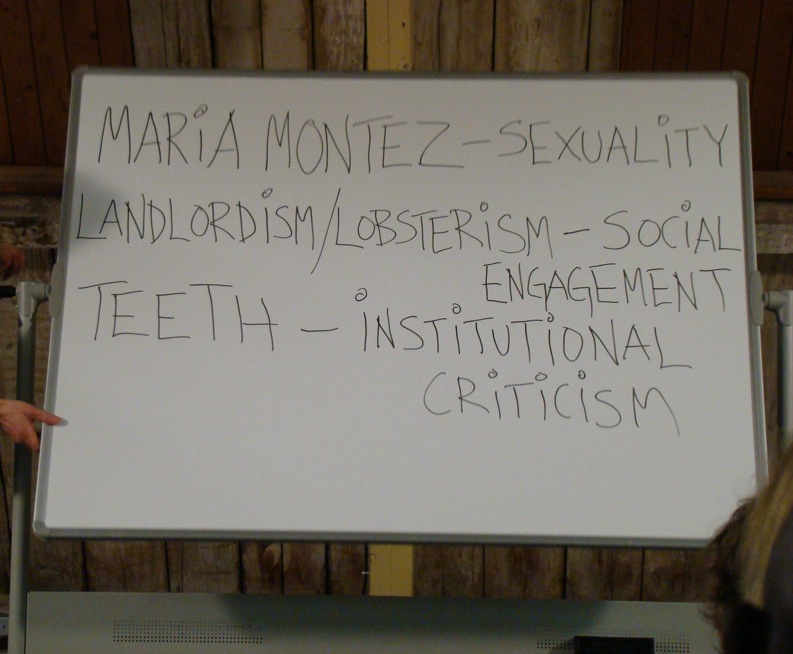
The staging of Garcia’s monologue owes much to Peter Handke’s concept of Sprechstücke, which she previously applied in works like for example Insulting the Audience (2009). It is not a play, but a public address to an audience. There is a complete lack of stage pictures; no scenery or costumes, hardly any props. The performer functions more like a speaker than as an actor playing a role. The presence of the audience is paramount, there needs to be a vis-à-vis with at least one person. The illusion of the fourth wall has been stripped away. This can cause considerable unease for an audience, because they can no longer rely on the passive role they are accustomed to. Although the spoken lines can be screamingly funny, the audience may feel afraid to laugh, which apparently seemed to happen during the performance at the Rijksakademie.
Nonetheless García cleverly succeeds in raising the awareness of the audience for her marginal protagonists. She puts them in the limelight and tickles your fantasy about them. In a sense she is giving them back their teeth. At the same time however García warns that the relative fame of Artaud, Bruce and Smith should not be confused with or eclipse their performance as an artist.
Dora García was a resident at the Rijksakademie in 1989-1991.
Real Artists don’t have Teeth, by Dora García
RijksakademieLIVE #1
28 February 2011
Alexander Mayhew
